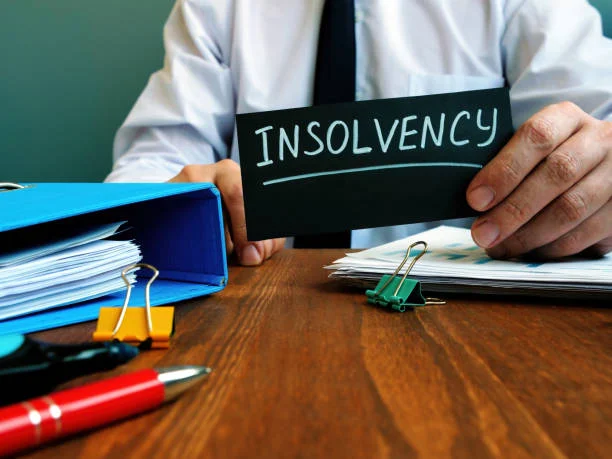It’s crucial to act fast if you find out that your company is insolvent and unable to pay its liabilities when they fall due. With funds running low and creditors demanding their money back, it might be tempting to go for the lowest costing option, or seek out anyone offering insolvency advice, even if they’re not licensed and regulated to carry out the insolvency procedure.
Utilising a licensed insolvency practitioner (IP) can seem like a higher-cost option. So, is it worth that cost?
The conversation doesn’t end here—discover more insights.
When would my company need insolvency advice?
You should seek insolvency advice if your company’s finances have deteriorated to the point where the company is struggling. As the company’s director, you should always be aware of its financial position.
Signs that your company could be in financial difficulty can include:
- A drop in profits.
- An inability to balance the company’s cash flow.
- The company can’t pay its bills when they’re due.
- Debts to HMRC are mounting.
Why might an unlicensed adviser seem appealing?
Finding out your company can’t pay its liabilities can be a scary experience. Understandably, you’ll want to solve the situation sooner rather than later. However, the insolvency sector can seem complicated, with lots of technical jargon and terms that are hard for the uninitiated to understand.
An unlicensed insolvency adviser might be appealing if they simplify this jargon, occasionally resulting in sweeping statements or overgeneralisations that might make you feel better in the moment. Ultimately, however, this approach can give you a warped view of how insolvency proceedings work.
They could make too-good-to-be-true offers, such as promising to write off a large portion of your debts with no considerations, or that you can walk away without it costing you anything.
They could even imply that taking advice from a licensed insolvency practitioner would only be in the interests of your company’s creditors and not what’s best for you.
What are the risks of unlicensed advice?
While a low price can seem like a lifeline for companies already in financial difficulty, settling for the lowest bidder comes with risks.
- Varying service quality.
- Hidden costs could emerge later, potentially undermining the initial, low price.
- Inexperienced practitioners without a key understanding of the industry needed to carry out duties thoroughly. They may not be experienced in dealing with a directors loan account, trading whilst insolvent, or personal guarantees, which, in the worst case, could lead to the company’s financial issues affecting you, personally.
- Risk of legal and compliance issues, and even potential misconduct.
While an unlicensed adviser might promise to close your insolvent company and wipe out its debt, they may just apply to strike the company off as opposed to liquidating it. As dissolution is only intended for solvent companies, one or more of the creditors could object to the strike off, reinstating the company, and meaning creditor pressure can continue.
Why you should take advice from a licensed and regulated IP
Only licensed insolvency practitioners can carry out insolvency procedures, like repaying a portion of what the company can afford through a Company Voluntary Arrangement (CVA), restructuring through administration, or closing it through a Creditors Voluntary Liquidation (CVL). They can also close a solvent company via a Members Voluntary Liquidation (MVL), should its circumstances allow.
Going straight to a licensed IP for advice also eliminates the middleman and any referral fees.
While the exact cost of an IP can vary depending on the type of procedure and the complexity of the company’s circumstances, the IP can discuss and break this down for you.
All IPs are licensed and regulated by regulatory bodies and must comply with the regulations detailed in the Insolvency Act 1986 and Insolvency Rules 1986 throughout their work, ensuring that IPs carry out their duties to a high standard.
Summary
You should seek out insolvency advice if your company is struggling to repay its liabilities as and when they fall due, ideally before creditor pressure reaches a point where it threatens the business’s future.
While it might be tempting to seek out the cheapest insolvency advice, including that given by unlicensed and unregulated advisers, you might not get a high quality of service, or the required due diligence that you’d get from a licensed and regulated IP.
They are the only people who can place your company into an insolvency procedure and will carry out their work to the highest standards; while unlicensed advisers, no matter what they promise, can’t.
Browse all categories in one place by returning to 2A Magazine.







